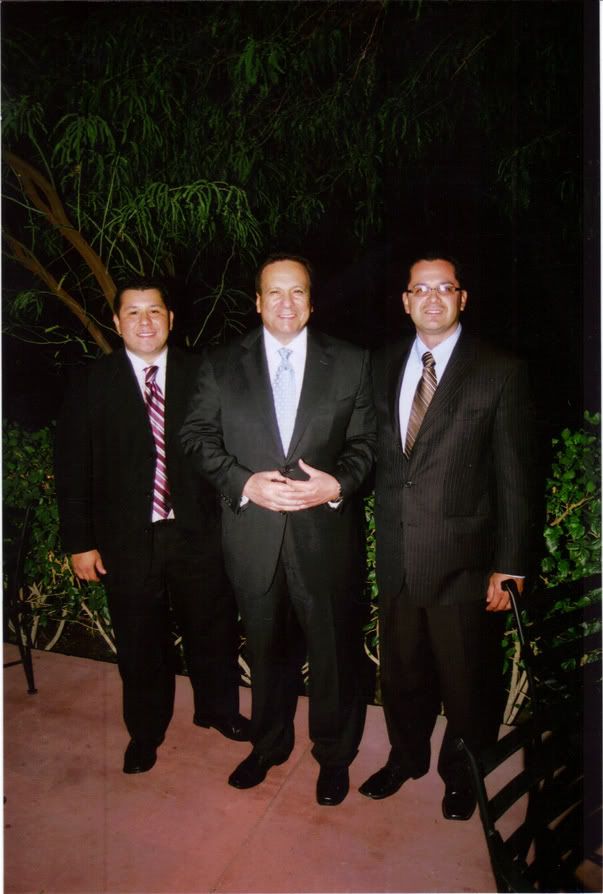The Wall St. Journal reports on the new marketing plans for the health insurance companies: push health care reform, reap $100 billion in annual public subsidies!
We’ll take a look at that, as well as the GOP candidates who don’t care about cancer, the Sacramento insiders letting kids’ health fail run out, and new problems with the “Massachusetts mandate” law.
…cross-posted at the National Nurses Organizing Committee/California Nurses Association’s Breakroom Blog, as we organize for GUARANTEED healthcare on the single-payer model.
It’s like the insurance companies wrote the law themselves. Across the country, “healthcare reform” proposals are moving forward that would leave the current broken healthcare system intact, protect the role of the insurers, AND give them tens of billions of dollars in new revenues from government funds?
Democratic presidential candidates like to beat up on insurance companies, but there is a lot for the industry to like in their health-care plans — starting with plenty of new business.
“Here’s the potential for a whole new pool of lives for them to cover, with payment behind it,” said Benjamin Isgur, assistant director of PricewaterhouseCoopers’ Health Research Institute, which examined the presidential health plans’ impact on industry. The study, a comprehensive look at health-care plans offered by candidates in both parties, also concludes that doctors, hospitals and other health-care providers would likely benefit since more patients with insurance suggest more would seek care and be able to pay their bills.
The leading Democratic candidates all propose boosting spending — by around $100 billion a year — mostly to help people buy private insurance plans.
Of course the insurance corporations are not dumb:
The early signals from the insurance industry, which played a major roll in killing health-care reform in 1994, are positive. The industry’s chief lobbyist, Karen Ignagni, president of America’s Health Insurance Plans, says she is encouraged by the debate so far and says her group is focused on trying to get universal insurance enacted rather than stopping it. “At 20,000 or 30,000 feet, we have heard encouraging statements from Democrats and Republicans,” she says.
Meanwhile, the same “individual mandate” law in Massachusetts is good for insurers, but blowing a hole in the state budget. And that hole is not fixable, since there is simply not enough public money to give protect the massive profits of the health insurance corporations.
GOP candidates who have survived cancer seem to show no compassion for other cancer survivors, at least if you trust their healthcare plans, and Sacramento insiders are showing precious little compassion for kids in that state who are about to get tossed off the healthcare rolls.

